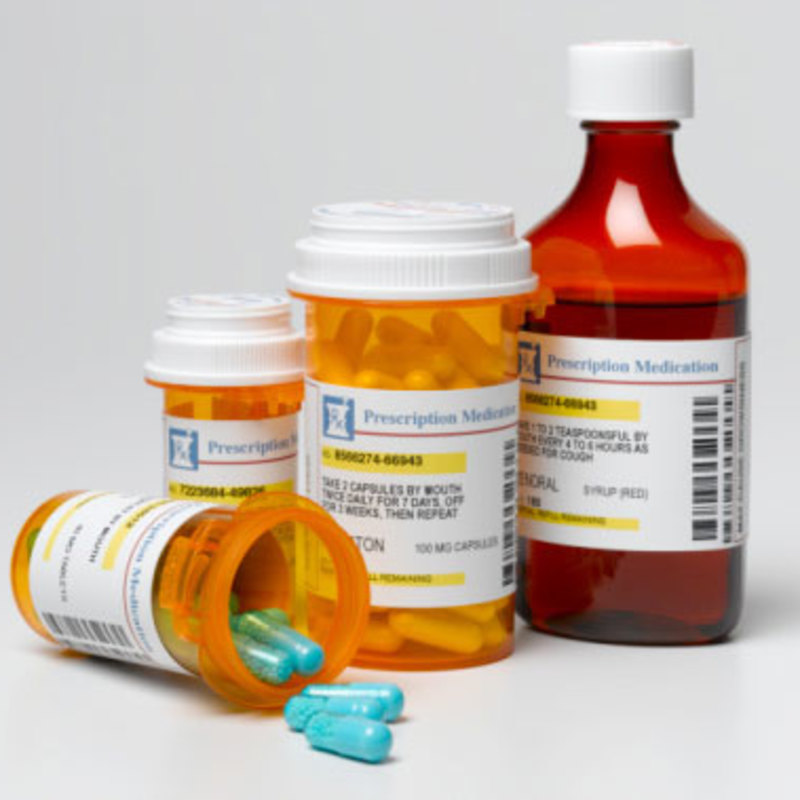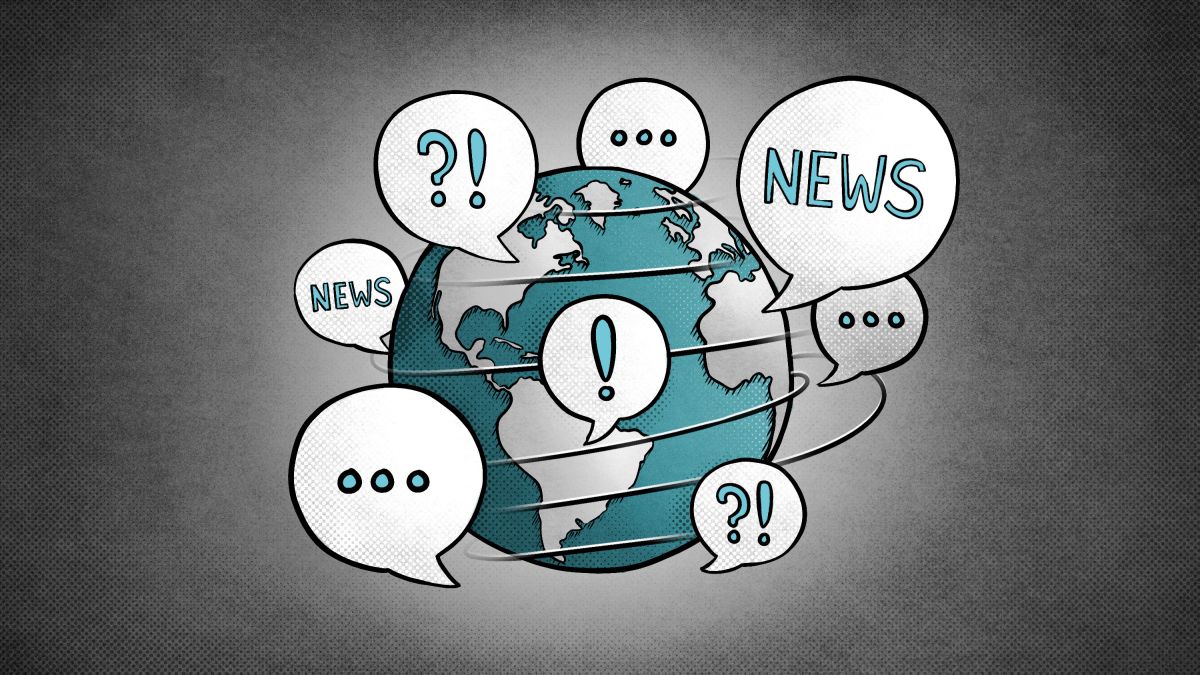Although argued by Dr. Stella Immanuel that hydroxychloroquine was a cure to COVID-19, many statesmen and officials are not promoting it, now alongside big social media platforms. However, there was a brief time of promotion on social media for this specific content, which is why there is further confusion amongst the public concerning what is and what is not a cure for COVID-19. One of the more recent information that has been presented to the public would be the anti-malaria drug, which was thought to be something to cure or at least treat for a temporary period of time, the pandemic. The public will never know for sure whether these claims are true or not, but there are still further claims and persistence on certain "possible cures". Although a thing of the past, there are still many more public figures in politics, medicine, and social media who claim to be reliable and also claim that they "understand" the spreading pandemic. Although the confusion and many of the false statements being generated admist this national problem are a challenge to get through, there may still be a certain group of people to succeed in what can certainly contain and perhaps eventually end this pandemic- a vaccine.
Misinformation on COVID-19
False Treatments |

|
Political Disagreements and Social Media's Bias On COVID-19Although political disputes and differing beliefs are always an added factor to an topic of choice, the very different views on this hot topic as of now are also causing a lot of disinformation. The media, which is still a somewhat biased platform, are often adding their own perspectives to the circumstances at hand, which can spread further misunderstandings and misinform people of what they need to do during these unprecedented times. Although political disagreements and social media bias are a part of everyday society on any topic, this is the main driving force that leads to a long route of confusion and frustration, as the public finds themselves unable to rely on a piece of information, in case that it could be completely false or exaggerated. |

|
Social Media's Inability to Take Down False InformationThe header of this concept is very straightforward: upon spreading misinformation, many social media platforms are unable to take down the false claims, further confusing and providing false information to the public. major platforms such as Facebook have not been able to take down an estimated 90% of their false information; and that only concerns the topic of COVID-19. Most of the misinformation has no tagged warning either, which means that many people of major platforms will be looking at things that are not actually helpful, possibly harmful, to them at this point in time. Hopefully, social media will be able to organize a gigantic, immediate clean-up of COVID-19 false rumors and info while looking towards a future of stricter observing of misinformation being put into their platforms in the first place. |

|